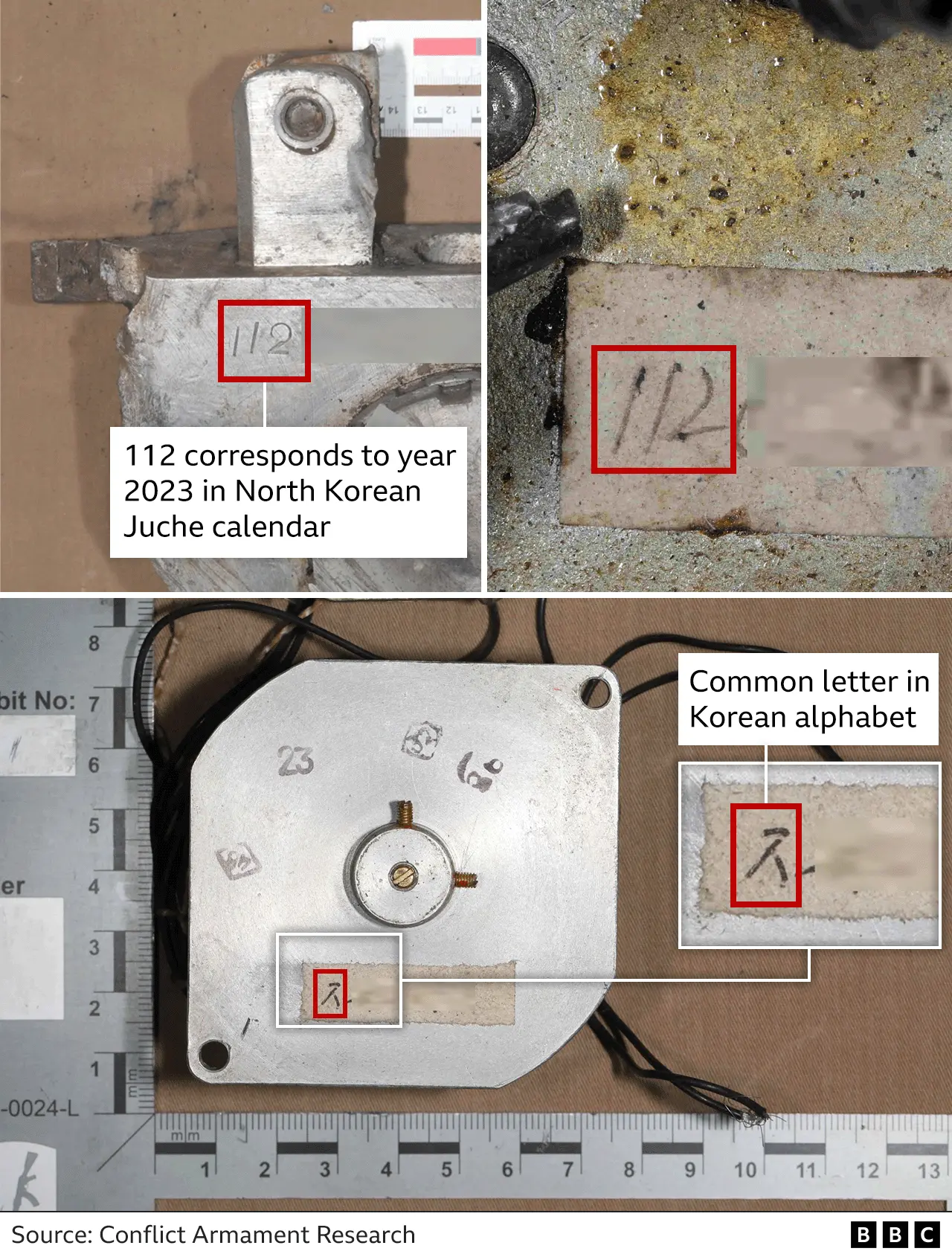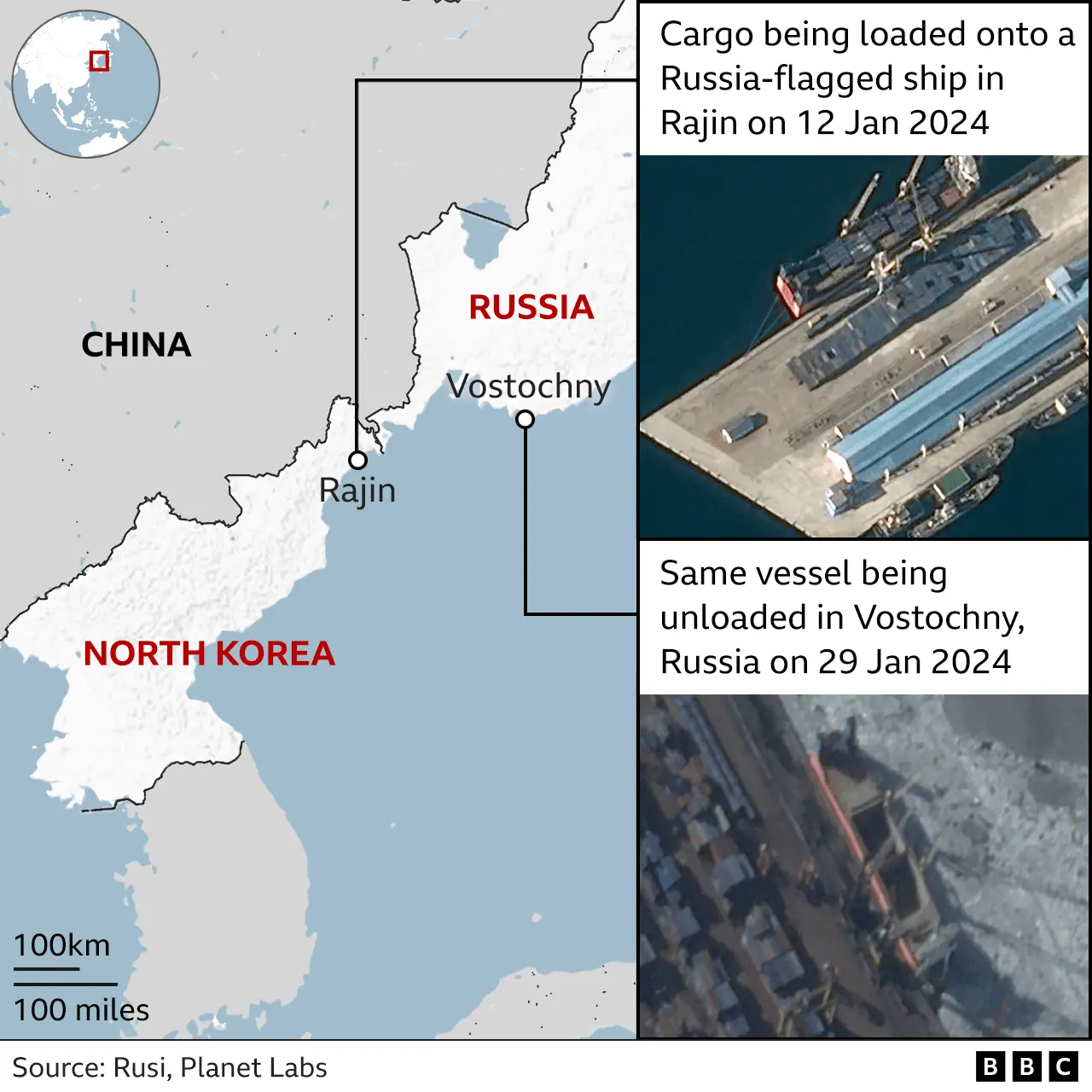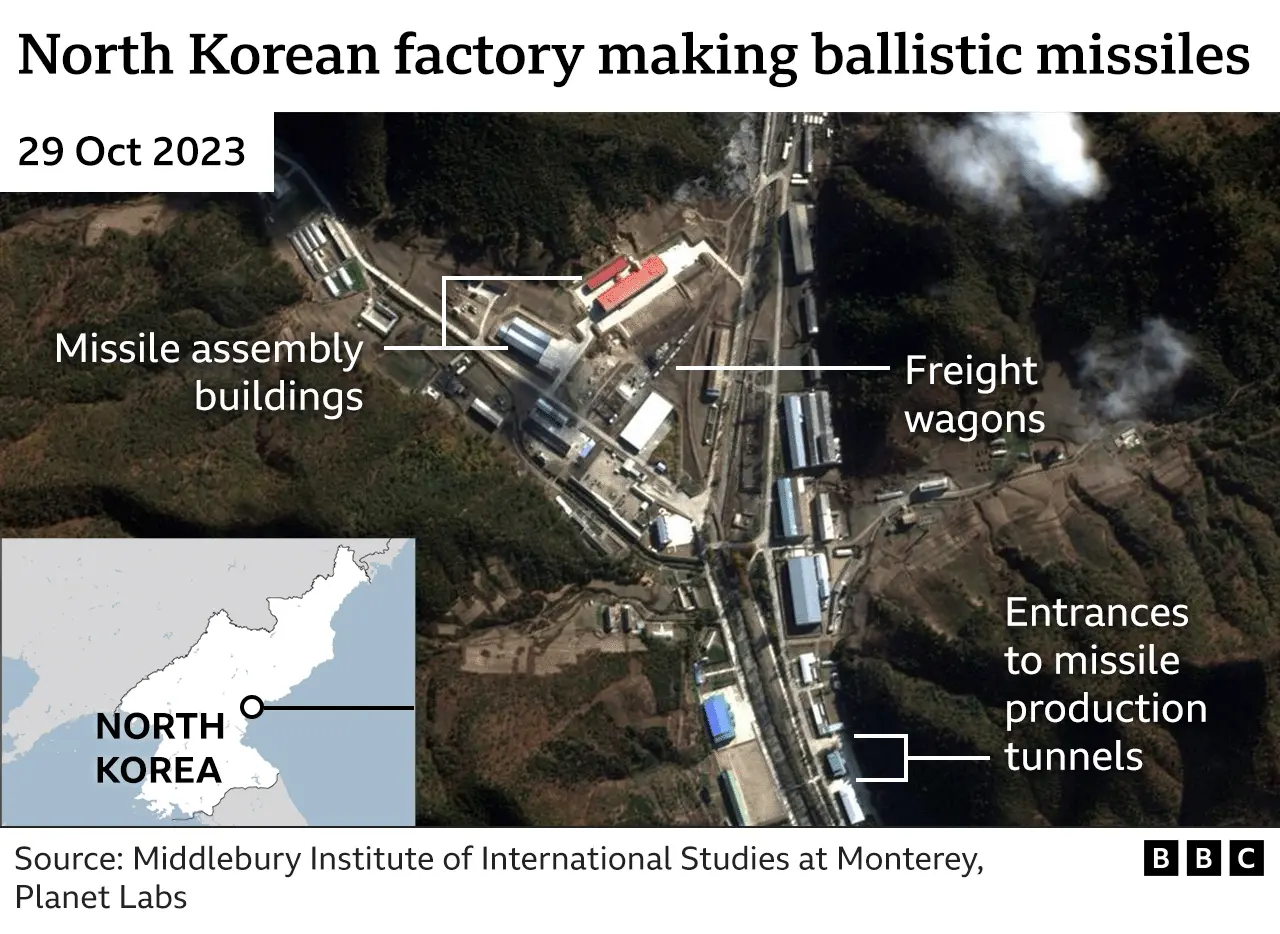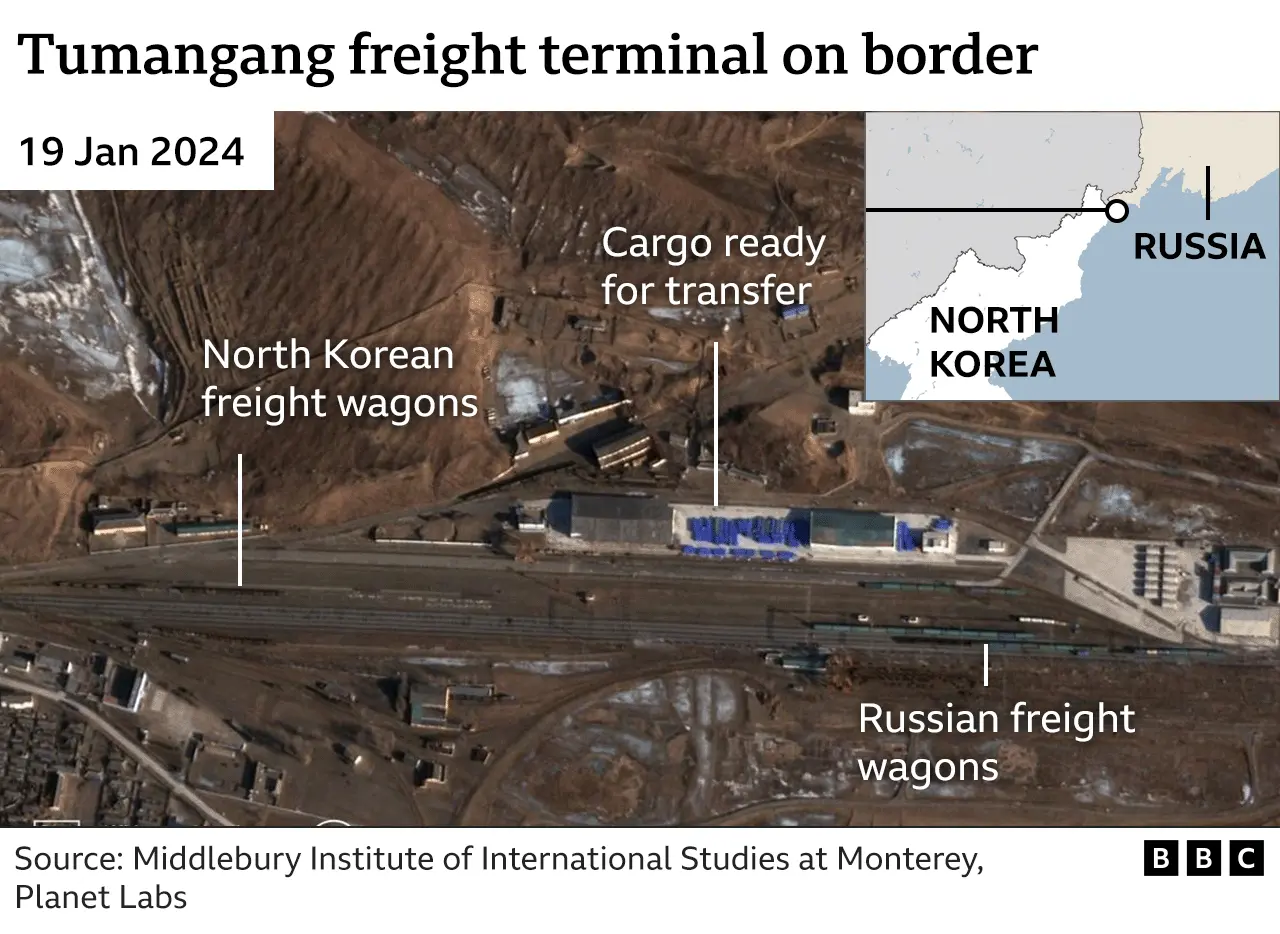Vladimir Tikhonov
orStepdsonh83uu22ff76ifc877hf0g885g22uhl14700u6ftta29t7gim9f ·
Racism kills. I see it as a consequence of long-term war-mongering and threat-mongering, but also as a final product of long-present, structural racism - this idea that "Asian" life is somewhat cheaper and that obliterating an "Asian" country "preventively" is a tolerable modus operandi.
Tae Yang Kwak
orStepdsonh83u9J2ff76ifc 2 nfeg885g22uhl14500u6ftta29t0gimu1 ·
#ThisIsAmerica #America: Can Americans be trusted with nuclear weapons?
#OrientalLives: "One-third of the United States population would support a preemptive attack on North Korea, even in a nuclear scenario, knowing it would kill one million innocent people, according to a recent survey.
"The Bulletin of the Atomic Scientists, in collaboration with U.K.-based research firm YouGov, published a new study Monday detailing U.S. public opinion on military conflict with North Korea at a time when the pace of a historic peace process between the longtime rivals appeared to slow. Among the most 'disturbing' results discovered was that 'a large hawkish minority lurks within the U.S. public; over a third of respondents approve of a US preventive strike across the scenarios and appear insensitive to informational cues that most security experts would expect to reduce such levels of support.'"
One-Third of U.S. Supports Nuclear War on North Korea, Knowing It Would Kill One Million, Report Shows
Published Jun 24, 2019 at 2:18 PM EDT
By Tom O'Connor
Senior Writer, Foreign Policy & Deputy Editor, National Security and Foreign Policy
FOLLOW
5
One-third of the United States population would support a preemptive attack on North Korea, even in a nuclear scenario, knowing it would kill one million innocent people, according to a recent survey.
The Bulletin of the Atomic Scientists, in collaboration with U.K.-based research firm YouGov, published a new study Monday detailing U.S. public opinion on military conflict with North Korea at a time when the pace of a historic peace process between the longtime rivals appeared to slow. Among the most "disturbing" results discovered was that "a large hawkish minority lurks within the U.S. public; over a third of respondents approve of a US preventive strike across the scenarios and appear insensitive to informational cues that most security experts would expect to reduce such levels of support."
Little changed when the U.S. first-strike was switched from conventional to nuclear as "33 percent preferred." In fact, "there is no significant change in the percentage who would prefer or approve of a U.S. nuclear strike when the number of estimated North Korean fatalities increases from 15,000 to 1.1 million, including 1 million civilians."
The researchers said these results actually demonstrated a previously-established pattern among the U.S. public, which "exhibits only limited aversion to nuclear weapons use and a shocking willingness to support the killing of enemy civilians."
ADVERTISING
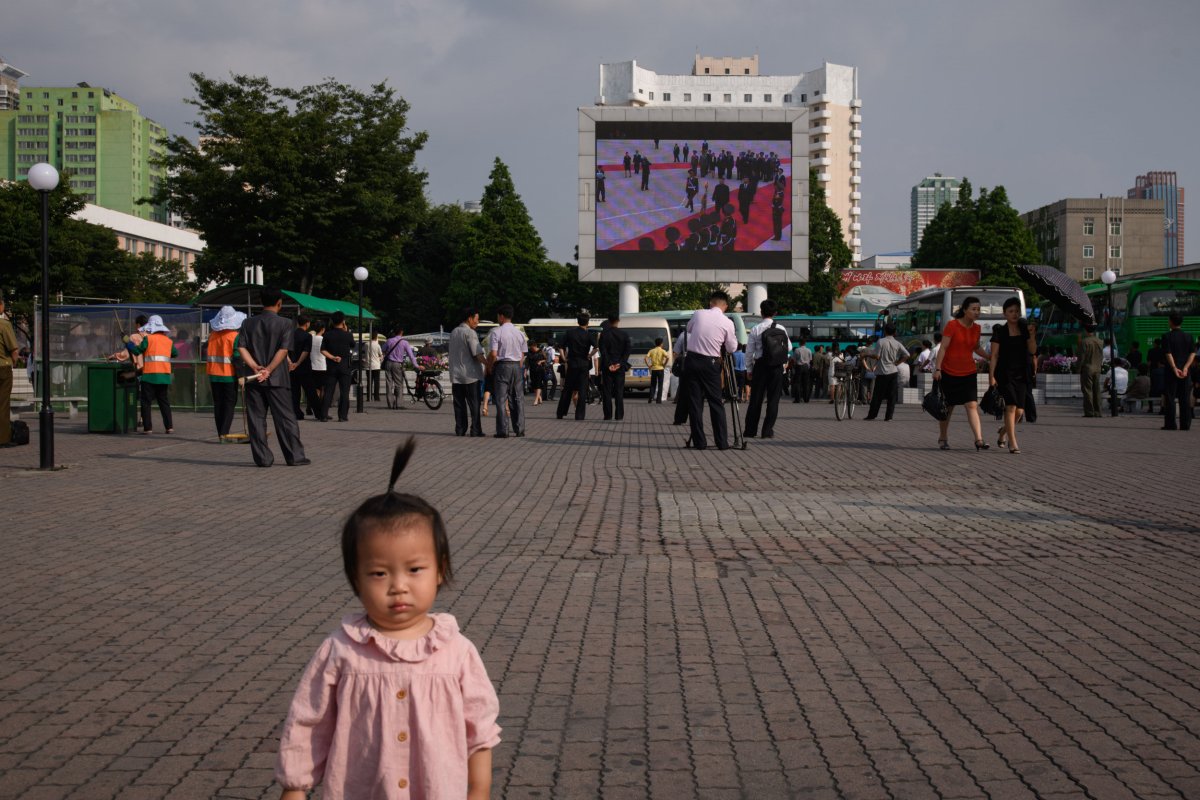 A toddler looks on as people watch a television news broadcast showing images of Chinese President Xi Jinping's meeting with North Korean supreme leader Kim Jong Un in Pyongyang, in a public square outside the... More ED JONES/AFP/GETTY IMAGES
A toddler looks on as people watch a television news broadcast showing images of Chinese President Xi Jinping's meeting with North Korean supreme leader Kim Jong Un in Pyongyang, in a public square outside the... More ED JONES/AFP/GETTY IMAGES NEWSLETTERThe Bulletin
NEWSLETTERThe BulletinYour Morning Starts Here
Begin your day with a curated outlook of top news around the world and why it matters.
I want to receive special offers and promotions from Newsweek
By clicking on SIGN ME UP, you agree to Newsweek's Terms of Use & Privacy Policy.You may unsubscribe at any time.
The U.S. remains the only country in the world to have used nuclear weapons in combat with the August 1945 atomic bombings of the Japanese cities of Hiroshima and Nagasaki, killing an estimated 250,000 people. In the decades since, nuclear weapons have only grown exponentially in might and North Korea—created alongside South Korea when World War II allies the Soviet Union and the U.S. split the once-Japanese-occupied peninsula shortly after the bombings—has managed to develop a nuclear arsenal of its own in spite of strict international sanctions.
Shuttering North Korea's nuclear program has been the goal of several successive U.S. administrations, but President Donald Trump hoped to break new ground by becoming the first in his position to meet a North Korean ruler with his debut summit alongside supreme leader Kim Jong Un in Singapore last year. The two agreed to move forward with a denuclearization-for-peace process, but even follow-up talks in the Vietnamese capital of Hanoi in February failed to produce any deal.
 Exclusively Available to SubscribersTry it now for $1
Exclusively Available to SubscribersTry it now for $1Despite blaming one another's countries for apparent stalls in nuclear negotiations, Trump and Kim have managed to maintain an amicable relationship, demonstrated by their affinity for writing letters to another. Their occasional expressions of admiration for one another were a far cry from their initial impressions upon Trump's entrance to office in 2017, a year that saw the two exchange threats of nuclear destruction.
The pair may have considerably changed their tone, but many others remain skeptical as Washington has insisted on its unconditional "complete, verifiable, irreversible denuclearization" approach. Should Trump and Kim's relationship suffer a falling out, even more participants in Monday's study indicated they would back the president in taking action.
"Across all conditions, approval for the US strike is notably (although not always significantly, in a statistical sense) higher than preference, meaning a number of respondents discount their personal preferences in favor of the president's," the report found. "For example, while 'only' 33 percent of the US public prefer a US preventive nuclear strike that would kill 15,000 North Koreans, 50 percent approve."
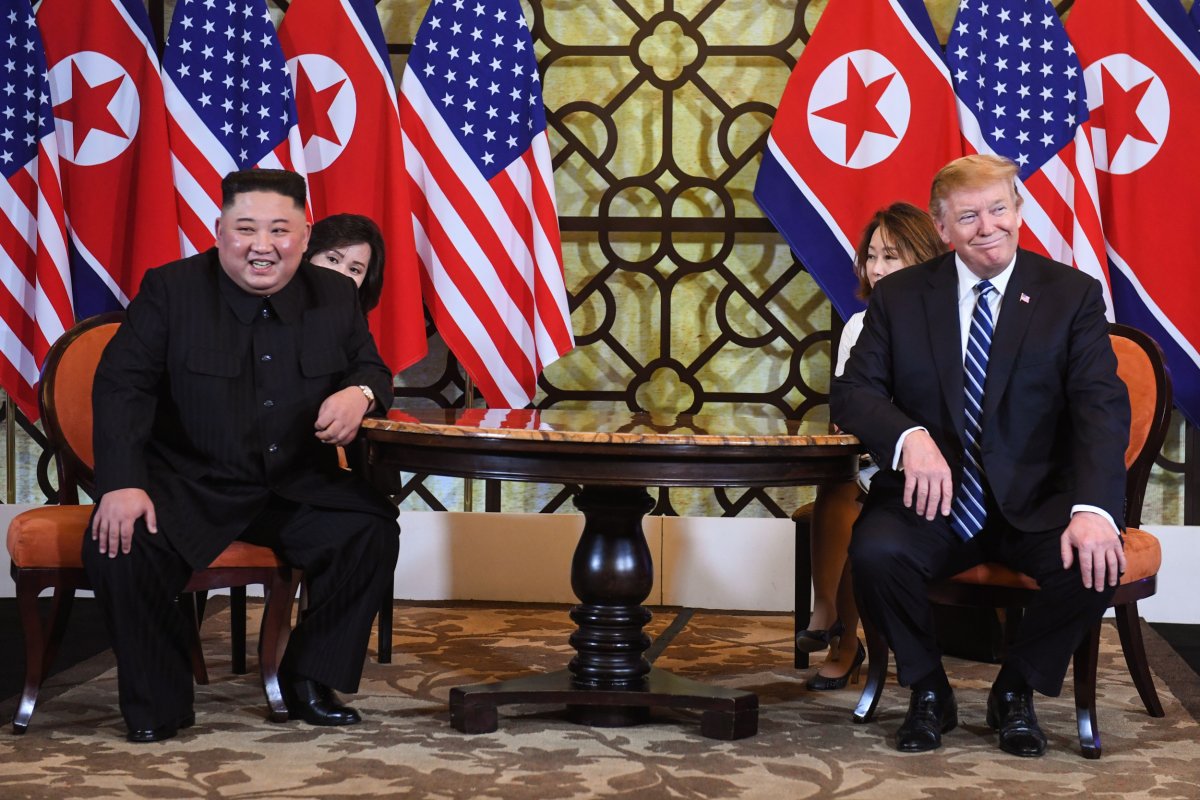 President Donald Trump and North Korean supreme leader Kim Jong Un smile during a meeting at the second U.S.-North Korea summit at the Sofitel Legend Metropole hotel in Hanoi, February 28. Despite blaming one another's... More SAUL LOEB/AFP/GETTY IMAGES
President Donald Trump and North Korean supreme leader Kim Jong Un smile during a meeting at the second U.S.-North Korea summit at the Sofitel Legend Metropole hotel in Hanoi, February 28. Despite blaming one another's... More SAUL LOEB/AFP/GETTY IMAGESAnswers were also influenced by political beliefs. While most respondents overall opposed military action against North Korea, the "majority of Trump supporters prefer the US strike in every scenario, except when confidence in the effectiveness of the US conventional strike is 50 percent"—and even then it remained at 44 percent as opposed to a mere 8 percent for non-supporters. Separately, those who backed the death penalty were actually more eager to inflict a higher death toll among North Korean civilians.
"When the number of expected North Korean fatalities increased from 15,000 to 1.1 million, preference for using nuclear weapons among respondents who favor the death penalty increased from 38 percent to 49 percent (although this is not a statistically significant change)," the report found. "One respondent who supported the death penalty and the US nuclear strike in this scenario explained, "It's our best chance of eliminating the North Koreans.' Another simply stated, 'to end North Korea.' By contrast, preference for the nuclear strike among those who oppose the death penalty fell from 26 percent to 7 percent across the same two scenarios."
The survey also exposed "how deeply misinformed Americans are about US offensive and defensive military capabilities," partially blaming misleading claims made by Trump. More than a third of respondents felt that the U.S. could take out North Korea's nuclear weapons in a single round of strikes and up to 74 percent thought the U.S. would be able to intercept a trio of incoming North Korea nuclear-tipped missiles—two assertions deeply disputed by experts.
The study concluded with a call "for a renewed effort at mass public nuclear education" and so scientists and social scientists "can communicate the facts and, therefore, influence the calculations of an informed public."
Request Reprint & Licensing Submit Correction View Editorial Guidelines
About the writerTom O'Connor
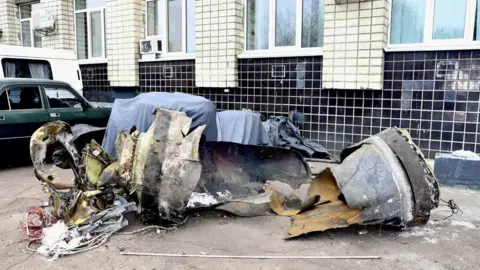 Conflict Armament ResearchAn unusual-looking wreckage that holds many clues
Conflict Armament ResearchAn unusual-looking wreckage that holds many clues